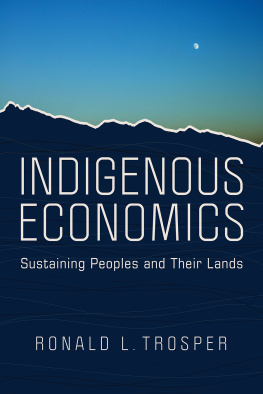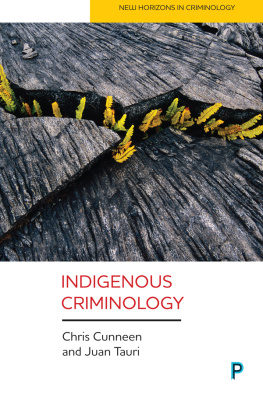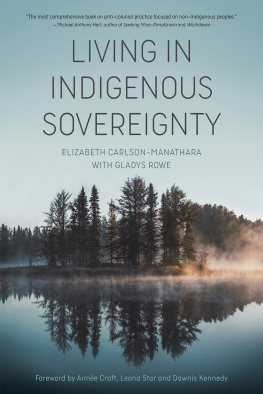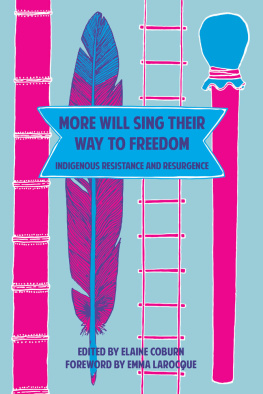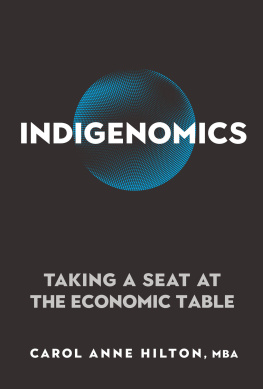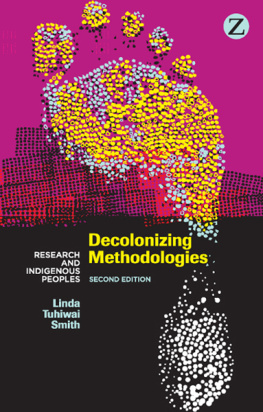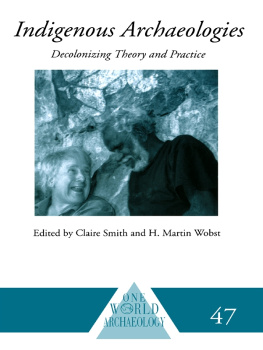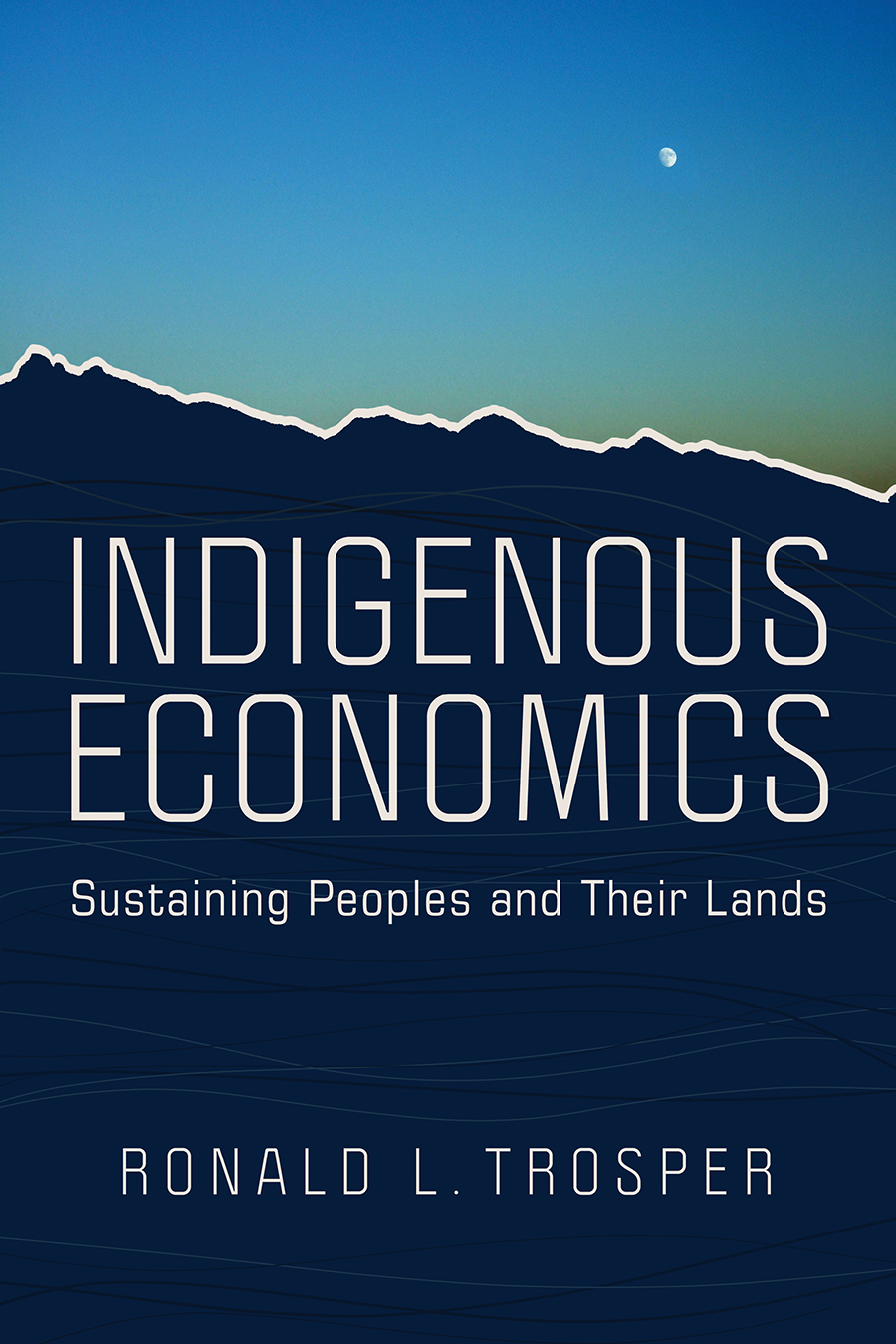Ronald L. Trosper - Indigenous Economics: Sustaining Peoples and Their Lands
Here you can read online Ronald L. Trosper - Indigenous Economics: Sustaining Peoples and Their Lands full text of the book (entire story) in english for free. Download pdf and epub, get meaning, cover and reviews about this ebook. City: Tuscon, year: 2022, publisher: University of Arizona Press, genre: Science. Description of the work, (preface) as well as reviews are available. Best literature library LitArk.com created for fans of good reading and offers a wide selection of genres:
Romance novel
Science fiction
Adventure
Detective
Science
History
Home and family
Prose
Art
Politics
Computer
Non-fiction
Religion
Business
Children
Humor
Choose a favorite category and find really read worthwhile books. Enjoy immersion in the world of imagination, feel the emotions of the characters or learn something new for yourself, make an fascinating discovery.
- Book:Indigenous Economics: Sustaining Peoples and Their Lands
- Author:
- Publisher:University of Arizona Press
- Genre:
- Year:2022
- City:Tuscon
- Rating:5 / 5
- Favourites:Add to favourites
- Your mark:
Indigenous Economics: Sustaining Peoples and Their Lands: summary, description and annotation
We offer to read an annotation, description, summary or preface (depends on what the author of the book "Indigenous Economics: Sustaining Peoples and Their Lands" wrote himself). If you haven't found the necessary information about the book — write in the comments, we will try to find it.
What does development mean for Indigenous peoples? Indigenous Economics lays out an alternative path showing that conscious attention to relationships among humans and the natural world creates flourishing social-ecological economies.
Economist Ronald L. Trosper draws on examples from North and South America, Aotearoa/New Zealand, and Australia to argue that Indigenous worldviews centering care and good relationships provide critical and sustainable economic models in a world under increasing pressure from biodiversity loss and climate change. He explains the structure of relational Indigenous economic theory, providing principles based on his own and others work with tribal nations and Indigenous communities. Trosper explains how sustainability is created at every level when relational Indigenous economic theory is appliedmicro, meso, and macro.
Good relationships support personal and community autonomy, replacing the individualism/collectivism dichotomy with relational leadership and entrepreneurship. Basing economies on relationships requires changing governance from the top-down approaches of nation-states and international corporations; instead, each community creates its own territorial relationships, creating plurinational relational states. This book offers an important alternative to classic economic theory. In Indigenous Economics, support for Indigenous communities development and Indigenous peoples well-being go hand-in-hand.
Publication of this book is made possible in part by the Alfred P. Sloan Foundation Program in Public Understanding of Science.
Ronald L. Trosper: author's other books
Who wrote Indigenous Economics: Sustaining Peoples and Their Lands? Find out the surname, the name of the author of the book and a list of all author's works by series.

